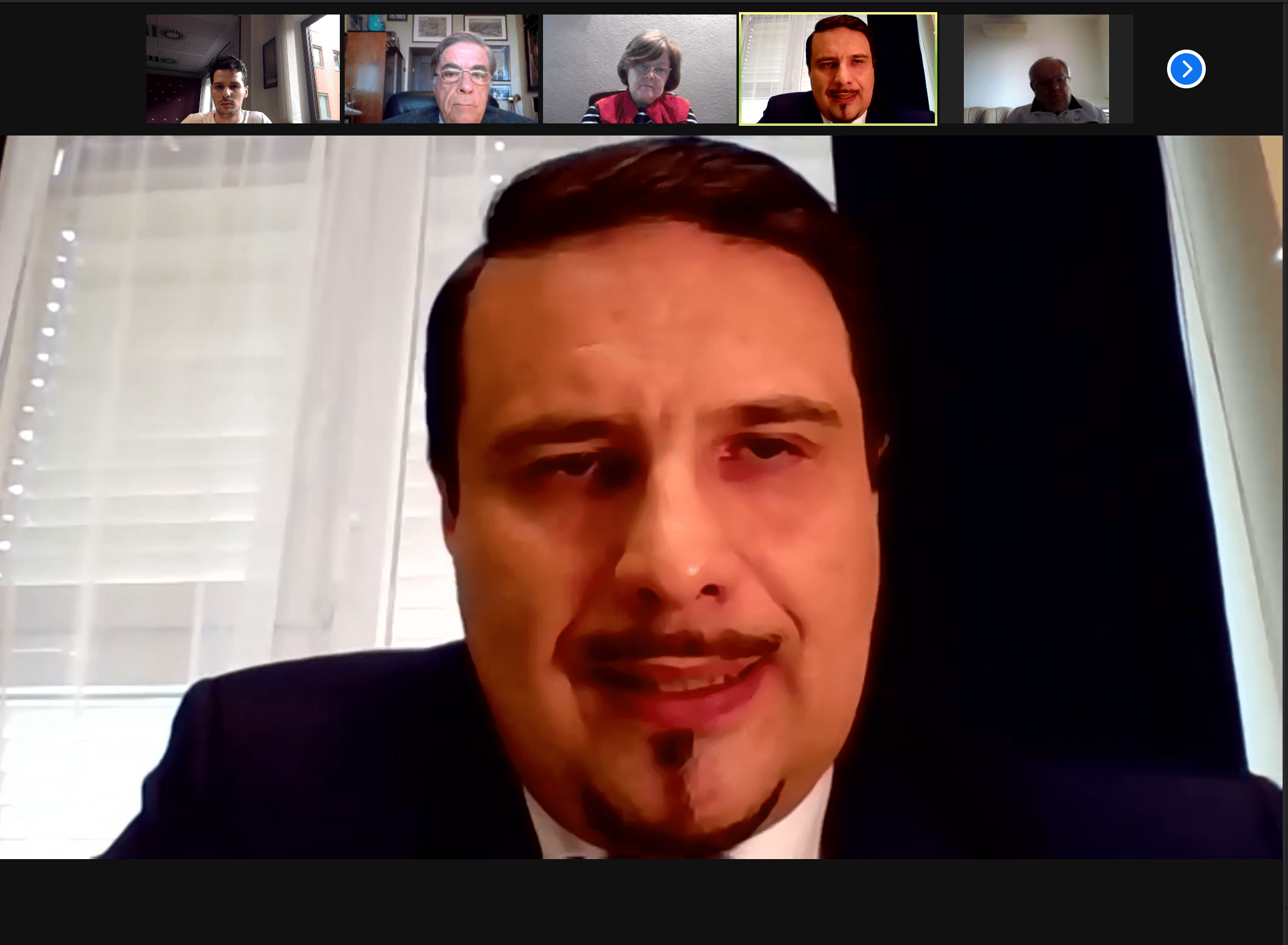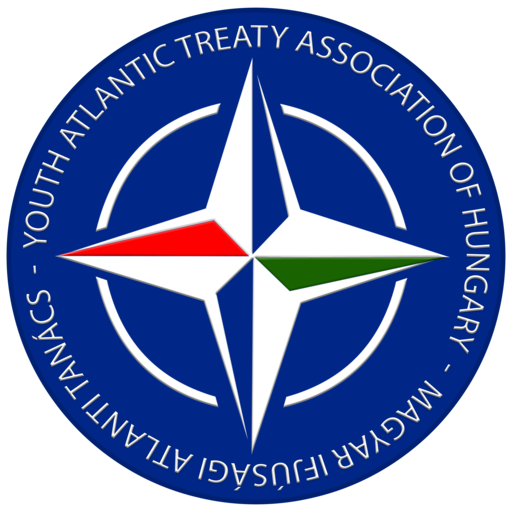On 22 April 2021, the Hungarian Atlantic Council and the Youth Atlantic Treaty Association of Hungary organised an online seminar entitled “Discussion on the NATO Parliamentary Assembly and the important tasks facing the organisation”. Our speaker was Attila Mesterházy, Member of Parliament, Vice-President of the NATO Parliamentary Assembly.

Atila Mesterházy has been a member of the NATO Parliamentary Assembly since 2018, previously serving as Vice President and then as President in 2020. Within NATO, the Parliamentary Assembly (PA) is responsible for defining the basic strategic objectives in consultation with the representative bodies of the member states. It meets twice a year in Brussels. Our speaker, who today is the Vice President of the PA, introduced us to the historical background and structure of the organisation. In the 1950s, NATO considered it important to create some form of cohesion between the parliaments of the member states and NATO’s decision-making bodies. For a long time, it was an autonomous institution with a high degree of sovereignty, but since the 1970s it has been increasingly linked to the work of the North Atlantic Council.
The PA itself has 266 members, with a proportional representation based on population and the number of members in the national parliaments. A further 12 associate members and 8 observer countries participate in the work of the Assembly, and several international political organisations, such as the European Parliament, may also delegate representatives to the Assembly.
Most parliamentary work is done at committee level. The votes and debates that arise are held at plenary level. It is important to mention the seminars on regional issues and the Standing Committee, which acts as a ‘governing’ body. After the Cold War, the work of the Assembly was reassessed. Its new role was to promote and defend the North Atlantic ideal.
Mr. Mesterházy sees the challenge facing the organisation, beyond the continuation of integration, in the continental emergence of Russian and Chinese influence.
